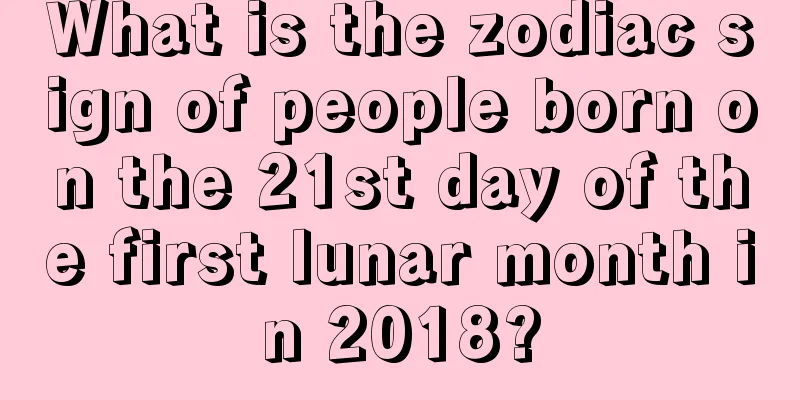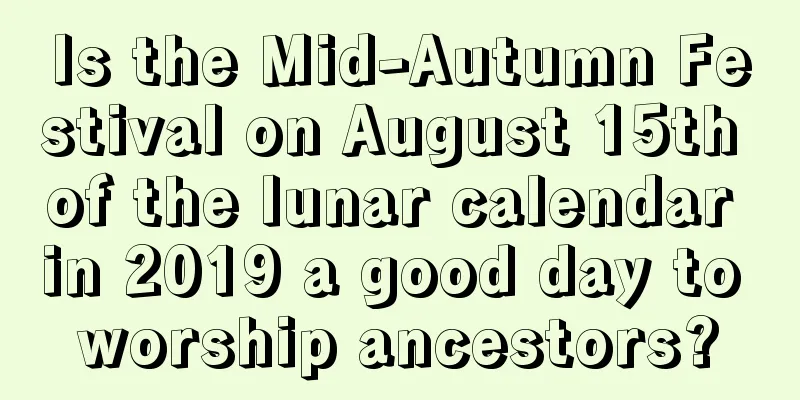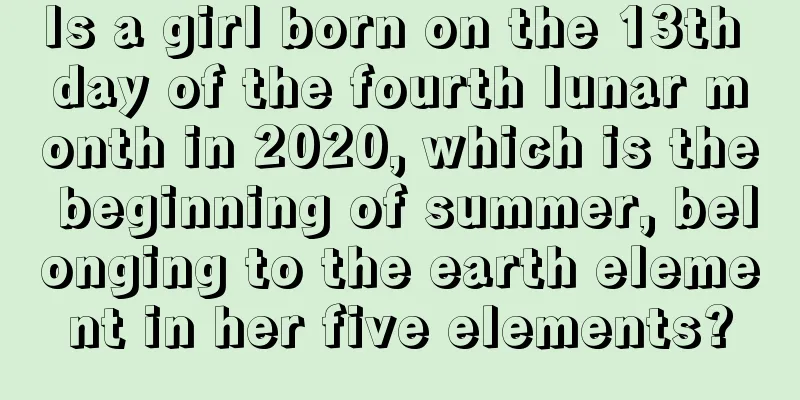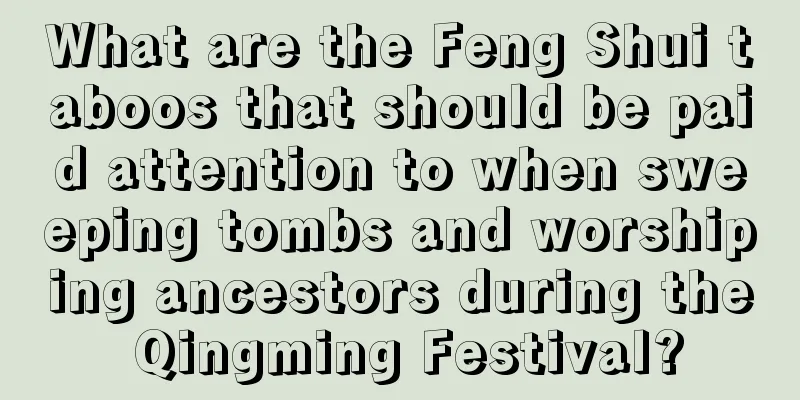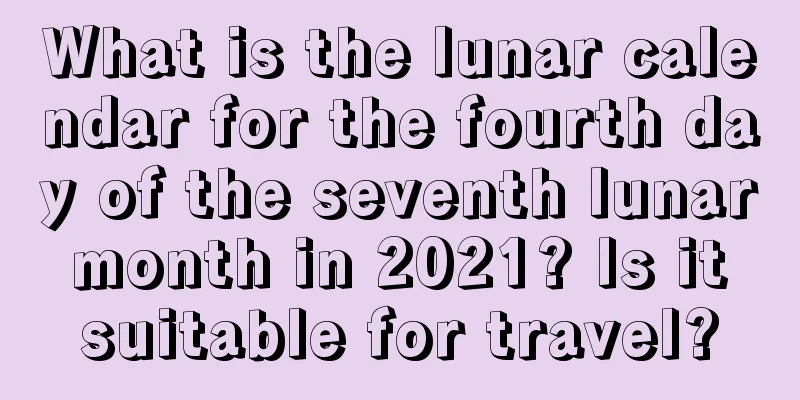What does rain during the summer solstice mean? How is the third Geng day after the summer solstice calculated?

What does rain during the summer solstice mean? How is the third Geng day after the summer solstice calculated? The earthly branch of the fifth month in the lunar calendar is Wu, which is Yang Fire, so it is also called the Wu month. Shuimoxiansheng.com has prepared some articles related to the fifth month of the lunar calendar in 2020 for you, come and have a look.What does rain during the summer solstice mean?The most taboo during the summer solstice is thunderstorms. In the past, farmers divided the fifteen days between the summer solstice and the Lesser Heat into three periods, namely the first time (upper time), the second time (middle time) and the last time, which were called the "three times". The first period is three days, the second period is five days, and the last period is seven days. In Henan area, there is a taboo on divination if the summer solstice falls in early or late May. As the proverb goes: "At the beginning of May, even if you don't plant sesame seeds, you can still eat oil; at the end of May, nine out of ten oil mills are empty."How is the third Geng day after the summer solstice calculated?"Geng Day" refers to the day with the prefix "Geng" in the ancient "Ganzhi calendar". The date of Gengri is variable and not fixed, so the date of the beginning of the dog days is different every year, but it is always between July 11 and July 20. The fourth to fifth Geng days are the middle of the dog days, and the first to second Geng days after the beginning of autumn are the last of the dog days. Each Geng day is 10 days apart, and the number of days in the middle dog days is not fixed. When there are 4 Geng days between the summer solstice and the beginning of autumn, the middle dog days are 10 days. When there are 5 Geng days, the middle dog days are 20 days.In ancient China, time was recorded using a combination of Heavenly Stems and Earthly Branches. There are 10 Heavenly Stems, namely Jia, Yi, Bing, Ding, Wu, Ji, Geng, Xin, Ren and Gui. There are 12 Earthly Branches, namely Zi, Chou, Yin, Mao, Chen, Si, Wu, Wei, Shen, You, Xu and Hai. When you match the Heavenly Stems with the Earthly Branches, you get Jiazi, Yichou, Bingyin, Dingmao..., which are crossed and matched 60 times, so it is called the 60-year Jiazi cycle. "San Geng" means encountering three "Geng" characters, and the third Geng day is the first dog day. Fate is innate, but fortune can change. Luck varies with the transformation of time and space, and luck is changing. Do you want to know when your good luck will come? Then take a look at the [ Excellent Calculation ] below, and may you have peace and happiness in your life! |
Recommend
Will the Civil Affairs Bureau be open on the eighth day of the Lunar New Year in 2019? Can I apply for a marriage certificate?
The eighth day of the first lunar month is the day...
The direction of the God of Happiness on the tenth day of the eleventh lunar month in 2019
The direction of the God of Joy on the tenth day ...
What are the do's and don'ts regarding the 11th day of the second lunar month in 2018?
A year's plan begins with spring. The wind in...
Is it suitable to get a haircut on the sixth day of the third lunar month in 2018?
People need to have a haircut more or less in life...
What date is September 20th in the lunar calendar 2020? Is it a good day?
What date is September 20th in the lunar calendar...
How to determine your natal Wenchang position? In 2020, your natal Wenchang position is suitable for placing a desk!
The Wenchang position is divided into the natal We...
When and what time will White Dew fall in 2022? What month, day and week is it?
With the arrival of the White Dew solar term, the ...
Is it auspicious to hold a funeral on the 12th day of the seventh lunar month in 2021? How is life?
Funeral is an extremely serious matter, and an aus...
Do babies born on May 4, Youth Day in 2019 have good personalities and what will their fate be like?
What kind of personality will a baby born on May 4...
What is the date and day of April 14th in the lunar calendar in 2019?
By April, everything is lush and green. Shuimoxia...
What are the taboos of Cold Dew? What are the taboos of Cold Dew in 2018?
Introduction: Cold Dew is one of the 24 solar term...
Is the fourth day of the third lunar month in 2018 a good date in the lunar calendar? Is it appropriate to burn incense and pray for blessings?
Introduction: Burning incense and praying for bles...
Is July 20th of the lunar calendar 2021 an auspicious day? Is it suitable for store opening?
In early July, fruits and vegetables are ripe and ...
Is a girl born on the first day of April in 2020 lucky for her husband? What are the zodiac signs for those born today?
Introduction: Children born on different days have...
Is April 24th of the leap lunar calendar in 2020 a good day? What about the lunar calendar?
The 24th day of the fourth lunar month in 2020 is...
